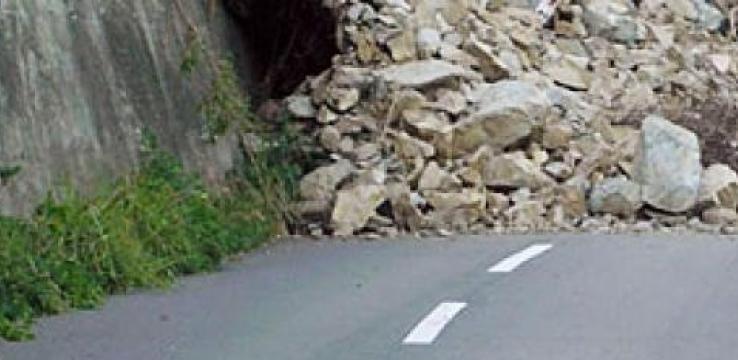
In disaster planning, much attention is paid to the role of buildings – how will they perform in a major earthquake? How long will they take to repair? Will people be able to stay in their homes after a quake or will they need temporary shelter? Less attention is paid to our "lifelines" — the utility systems that bring us our water, electricity and natural gas, and the transportation systems that allow us to get around, including public transit, ports and airports, and road infrastructure.
The importance of reducing the risk to lifelines cannot be understated. Imagine what would happen if even one of our lifelines seriously failed in an earthquake. How would people be able to shelter in place without drinking water? What happens if our natural gas lines cease to work or — worse — stoke the flames of a massive fire? How will emergency workers get to our city if the bridges fail? How will our economy recover if we can't move people or goods around the region?
Lifeline owners in both the public and private sectors have made significant investments in designing, constructing, and retrofitting their facilities and systems to reduce the risk of damage in an earthquake and to facilitate restoration of services to their customers. However, the seismic performance standards for lifelines vary widely and are not tied to public policies for reducing risk or ensuring community resilience in the face of a major earthquake. As things now stand, it may take months or even years for some systems to be restored to full operation. SPUR has developed this report to raise awareness of San Francisco's vulnerability and to encourage the steps necessary to strenghten the city's lifelines and increase its resilience to a major earthquake.

